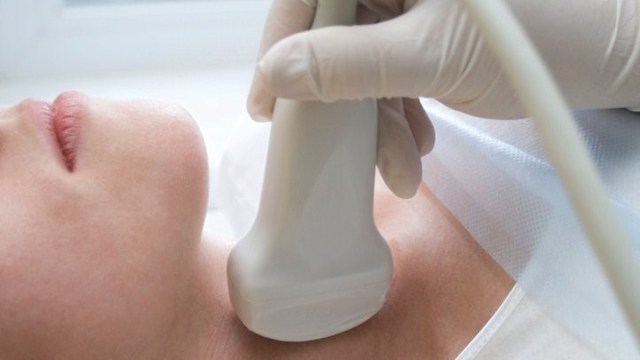Hormone imbalances in young women can occur just as they do during the perimenopause and menopause stages of their lives. The phytoestrogens in the foods we eat, the use of birth control pills and genetic predisposition can all be contributing factors to hormonal imbalances in younger women, and those imbalances can manifest in many ways.
A good illustration of this point is my receptionist, Brianna, who wanted to share her story in hopes of helping other young women who may be struggling with the same health issues that she has.
Brianna was 18 years old when she first came to work for me. She’s a great worker, but she had some health issues that were really bothering her. In her words: “I felt like I was ‘running on empty’ or like I was stuck in a rut and could not get out of it...I would wake up tired and I would stay that way all day, and I had to take naps every day or else I could not function...I also got sick a lot and my cycles were so unpredictable that I would sometimes get two in one month, along with very painful cramps...I was depressed a lot and I always had a constant feeling of being “down” and sad...I have always had extremely cold hands and feet...”
After discussing her symptoms, I suggested that she take a blood test and a salivary test. The blood test revealed that she has a thyroid condition called Hashimoto’s disease (her family history made her genetically predisposed to this) and the salivary test showed estrogen dominance. By finding the proper diagnosis for her condition and starting her on a treatment plan, Brianna soon noticed a difference: “I have never felt this good, ever. This is a life that I have not experienced before; I have never had this much energy and have never felt this good.”
Many women — younger and older alike — are so used to their symptoms that they have come to accept them as “normal.” By working closely with a doctor who will listen carefully to their symptoms, hormone imbalances in young women can be addressed, and it may be possible to leave “normal” behind and feel better than they have ever felt before!
Dr. Tina Marcantel is a naturopathic doctor practicing in Gilbert, Arizona. To read Brianna’s full story, visit http://www.drmarcantel.com/hashimotos_briannasstory.html.






Add a CommentComments
There are no comments yet. Be the first one and get the conversation started!